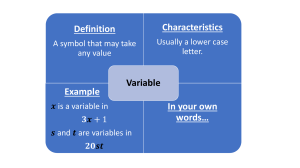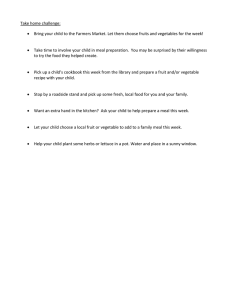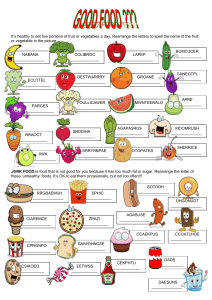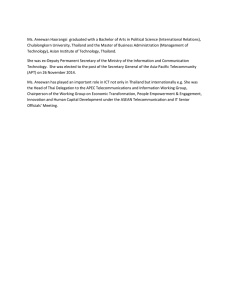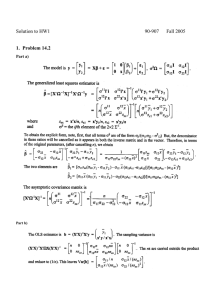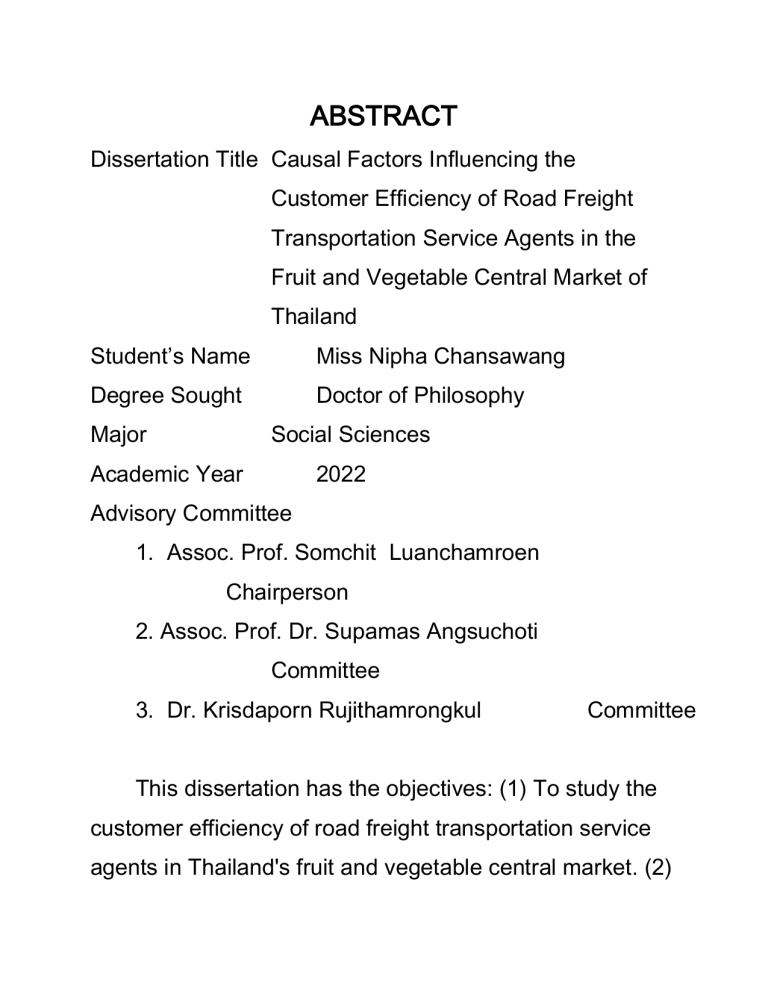
ABSTRACT Dissertation Title Causal Factors Influencing the Customer Efficiency of Road Freight Transportation Service Agents in the Fruit and Vegetable Central Market of Thailand Student’s Name Miss Nipha Chansawang Degree Sought Doctor of Philosophy Major Social Sciences Academic Year 2022 Advisory Committee 1. Assoc. Prof. Somchit Luanchamroen Chairperson 2. Assoc. Prof. Dr. Supamas Angsuchoti Committee 3. Dr. Krisdaporn Rujithamrongkul Committee This dissertation has the objectives: (1) To study the customer efficiency of road freight transportation service agents in Thailand's fruit and vegetable central market. (2) to study the direct, indirect, and total influence path model of the unified service factors through customer satisfaction, trust, and customer engagement to customer efficiency. (3) To examine the consistency of the customer efficiency model of road freight service agents in Thailand's fruit and vegetable central market with empirical data. Where the design of this research methodology was based on a quantitative research approach, questionnairebased research is a research instrument for collecting data from the entrepreneurial population. Wholesalers who use the road freight transportation service agents in the fruit and vegetable central market throughout all regions of Thailand. The sampling was 750 people. The data analysis shows the hypothesis testing results of the influence path coefficients for direct, indirect, and total influences by the Structural Equation Modeling (SEM) technique analysis from AMOS, the statistical analysis software package. The study found the customer efficiency of road freight transportation service agents in Thailand's fruit and vegetable central market of Thailand. It can be concluded from the analysis of the coefficient of determination (R2) measure of the proportion of the variance to predict the change in customer efficiency in terms of intention to continue using the service as 13.5 percent. Next, the latent variables of customer efficiency in terms of customer responsiveness had a coefficient of determination (R2) measured at 24.6 percent. Finally, the long-term correlation latent variable's coefficient of determination (R2) measure was 31 percent, the highest value. While the unified service variables significantly positively influenced the total influence path coefficient of the customer efficiency in terms of intention to continue using the service through customer engagement, trust, and customer satisfaction variables, with an influence coefficient of.536 Additionally, the unified service variables significantly positively influenced customer efficiency in terms of long-term relationships through customer engagement, trust, and satisfaction variables, with a coefficient of total influence equal to 302. Meanwhile, customer efficiency in terms of customer responsiveness was significantly positively influenced by the unified service variables through customer engagement, trust, and customer satisfaction variables, with a coefficient of total influence equal to.269. In addition, a hypothesisgenerated correlation with empirical data was found by the Goodness-of-fit index has a level of acceptance. The empirical model versus the theoretical model has the correlation structure established according to theory with the empirical data by the goodness-of-fit index underlies a criterion of acceptance. The study's recommendations can reflect the intention to continue using the service with the highest effect. At the same time, the minor order was the total influence of the long-term relationship's variables, and customer responsiveness variables are ranked as the most negligible total impacted—the customer efficiency of road freight transportation service agents in Thailand's fruit and vegetable central market.
